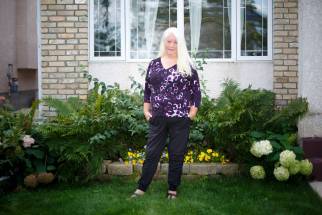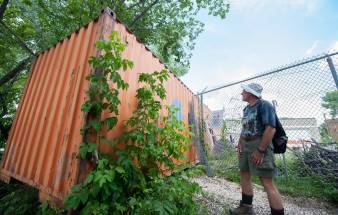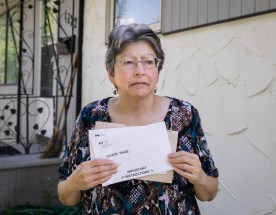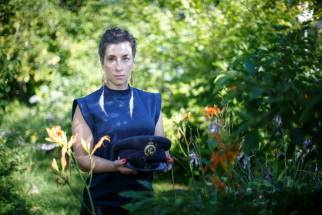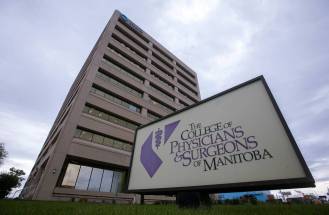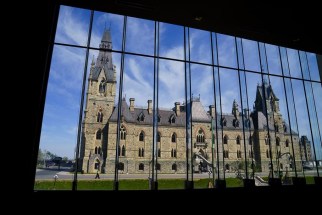Docs aren’t cops: they shouldn’t police themselves
Read this article for free:
or
Already have an account? Log in here »
To continue reading, please subscribe:
Monthly Digital Subscription
$0 for the first 4 weeks*
- Enjoy unlimited reading on winnipegfreepress.com
- Read the E-Edition, our digital replica newspaper
- Access News Break, our award-winning app
- Play interactive puzzles
*No charge for 4 weeks then price increases to the regular rate of $19.00 plus GST every four weeks. Offer available to new and qualified returning subscribers only. Cancel any time.
Monthly Digital Subscription
$4.75/week*
- Enjoy unlimited reading on winnipegfreepress.com
- Read the E-Edition, our digital replica newspaper
- Access News Break, our award-winning app
- Play interactive puzzles
*Billed as $19 plus GST every four weeks. Cancel any time.
To continue reading, please subscribe:
Add Free Press access to your Brandon Sun subscription for only an additional
$1 for the first 4 weeks*
*Your next subscription payment will increase by $1.00 and you will be charged $16.99 plus GST for four weeks. After four weeks, your payment will increase to $23.99 plus GST every four weeks.
Read unlimited articles for free today:
or
Already have an account? Log in here »
Hey there, time traveller!
This article was published 17/08/2022 (1207 days ago), so information in it may no longer be current.
Like many Manitobans, my search for the perfect family doctor has been a bit of an odyssey.
I’ve had family docs that ghosted me — disappeared without any explanation. Others have had so many different side hustles — autopsies, rotations in hospitals, teaching obligations — they were never available. Then there was one doctor who was keeping a horrible secret.
For a while, I had a family doc in a downtown practice who seemed OK, but had moments of eccentricity. He made occasional off-handed and off-colour remarks. They were bad attempts at humour. After a few awkward experiences, I thought I’d see if he’d ever got into trouble.
There was nothing on the website of the College of Physicians and Surgeons of Manitoba. However, deep down on the Google search results was a small news item from a competing newspaper about my doctor being disciplined — the exact details were not reported — for over-prescribing Oxycontin to some of his patients. There had been a police investigation but I could not find any details about how that was resolved.
Stumbling across that story was like a sudden punch to the old solar plexus. Most concerning, I couldn’t resolve how, given the scourge of the opioid epidemic and the huge toll it has taken on society, this doctor was still practising medicine.
Then again, I’ve long known that physicians have access to a parallel justice system, one in which punishment is often deferred and only the worst of the worst lose their right to practise medicine.
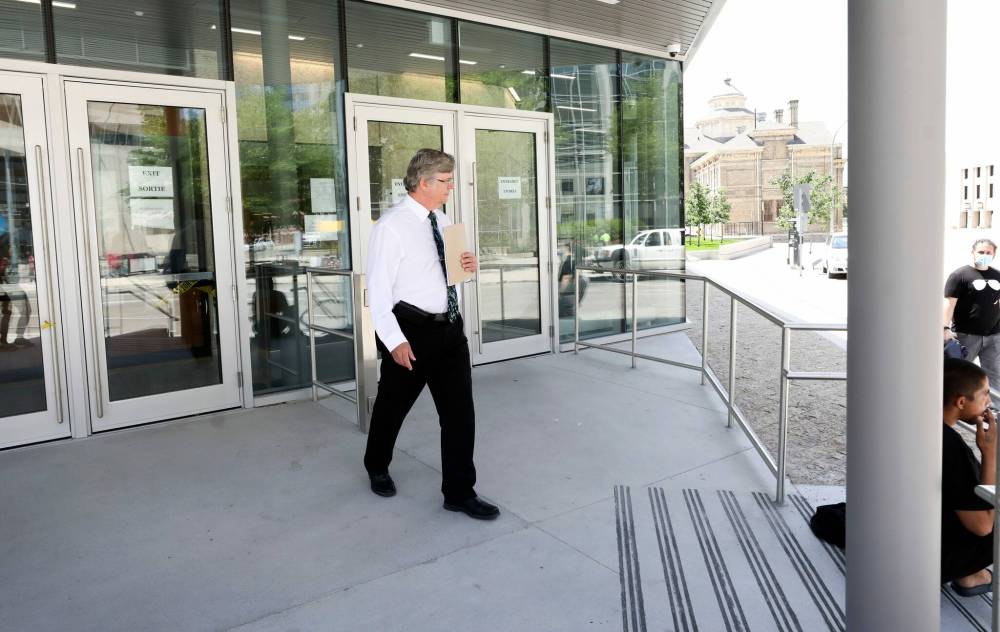
For proof of this parallel justice system, you need to look no further than a recent and powerful Free Press investigation by reporter Katrina Clarke, in which she revealed a culture of unjustifiable deference in favour of physicians accused of heinous acts of misconduct.
Clarke revealed the story of a woman who reported she had been sexually assaulted by Arcel Bissonnette, a Ste. Anne doctor, in 2010. After other women in the community shared similar experiences with her, she went to police in 2017 and made a formal complaint.
Related coverage
Unfortunately, the woman found police to be hostile and skeptical about her experience. She then went to the College of Physicians and Surgeons of Manitoba and made a formal complaint. Eventually, she met with investigators and hoped the college would suspend Bissonnette’s licence until the criminal matter was resolved.
Remarkably, the college declined to take that action. Instead, it required Bissonnette to have a chaperone present whenever he did breast or pelvic exams. Even worse, the college suspended its investigation and he was allowed to continue practising medicine.
The bureaucratic indifference and inaction had tragic consequences. Recently, he was charged with 22 counts of sexual assault, some of which involved offences that took place after the college shut down its investigation.
What makes this situation even more horrible is the fact it is hardly the first instance in which the college put the interests of physicians accused of heinous acts ahead of patient victims.
Related coverage
In 2012, the college discovered Winnipeg physician Randy Allan had been trading Oxycontin prescriptions with opioid-addicted women in exchange for sex. Despite calling his actions “reprehensible” and acknowledging Allan had exploited two vulnerable women, his medical licence was suspended for only 18 months.
Shortly after that suspension, news broke that Allan had been convicted of a criminal offence in British Columbia in 1994. There, police found that he had issued a falsified medical certificate. He pleaded guilty and was fined $1,000.
In 2016, having returned to the practice of medicine in Manitoba, he was suspended for six months for misleading the college during an investigation into his billing practices.
The outcry over this and other cases has prompted repeated calls for reform of the system of disciplinary self-regulation for the medical profession. However, in every instance, the college has resisted. Today, it continues to operate without anything approaching a reasonable level of transparency and accountability.
Of course, this corrupted system of self-regulation could be changed at any time. The college is a creation of the provincial legislature, and any government of the day has the authority to introduce changes. Or, to allow the college to continue to issue licences, but put misconduct investigations into the hands of an independent, arm’s-length agency.
Ontario struck a task force in 2016 that recommended the creation of an independent, third-party agency to investigate physician misconduct. The recommendation was never acted upon.
The politics of levelling the playing field on physician misconduct is fraught with peril. Doctors are in short supply and, despite the sorry record that colleges across Canada have in enforcing accountability, they are more than willing to fight for the right to unfettered self-regulation. To date, no province has shown the intestinal fortitude to reduce or modify the authority granted to physicians to police themselves.
The college no doubt feels an obligation to defend physicians against spurious allegations. But that obligation cannot take the form of deferential or biased investigations.
The solution for physicians is, ironically, the best solution for patients: a fair and independent investigation, followed by appropriate punishment for those guilty of misconduct.
dan.lett@winnipegfreepress.com

Born and raised in and around Toronto, Dan Lett came to Winnipeg in 1986, less than a year out of journalism school with a lifelong dream to be a newspaper reporter.
Our newsroom depends on a growing audience of readers to power our journalism. If you are not a paid reader, please consider becoming a subscriber.
Our newsroom depends on its audience of readers to power our journalism. Thank you for your support.



